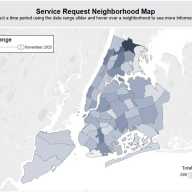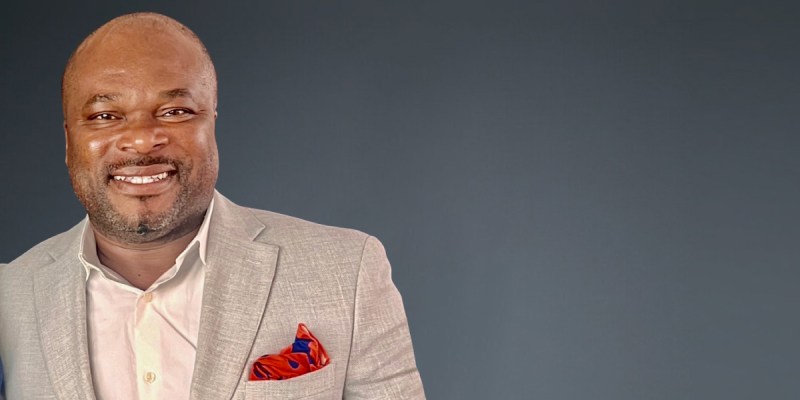BY RONALD FATOULLAH, Esq. and STACEY MESHNICK, Esq.
The issue of health insurance has been at the forefront of the government’s efforts for 2010, and one of the issues at hand is the changes in benefits provided by Medigap policies. Medicare has gaps in what it will cover, and does not pay for all health care costs. However, Medigap insurance, sold by private insurance companies, is available to cover this shortfall.
By law, companies must offer standardized Medigap insurance plans, and each plan provides different benefits. It does not matter which insurance company offers a particular plan, all plans with the same “letter” cover the same benefits. For instance, Plan E has the same benefits no matter which company sells the plan, but be careful, premiums vary among companies.
Prior to 1990, Medigap insurance policies were not standardized, making it difficult for people to compare plans in how the gaps in Medicare were filled. Medigap insurance policies were standardized as a result of the Omnibus Budget Reconciliation Act (OBRA) of 1990, which required the National Association of Insurance Commissioners (NAIC) to offer a standardized core plan (Plan A).
Companies were then allowed to sell up to nine additional standard plans (B-J). These are collectively known as the “1990 Plans.” Plans K and L were added by the Medicare Modernization Act (MMA) of 2003, effective on January 1, 2006, bringing the total of available plans to 12.
On March 25, 2010 Congress passed the Reconciliation Act of 2010, which changes Medigap insurance, effective June 1, 2010. Plans E, H, I, and J (which have a high deductible) are eliminated. Plans E, H, I, and J did provide for preventive care and at-home recovery benefits but have been eliminated, as some benefits have become outdated.
For example, Plans E and J have a benefit for $120 per year for health screening exams, which have become outdated as Medicare has added screening procedures for breast cancer, cervical cancer, colorectal cancer and prostate cancer. The at-home recovery benefit provided in Plans D, G, I and J was underutilized. Plan G increases the benefit for Part B excess charges from 80 percent to 100 percent.
Two new Medigap plans, M and N, have been created and a new Part A hospice cost-sharing benefit has been added as a standard benefit for all 2010 plans. Plan M will pay 50 percent of the Part A deductible (inpatient care) and some of the cost of foreign travel emergencies. It will not cover the Part B (outpatient/doctor services) deductible. Plan N will pay the full Part A deductible, but it will require a $20 co-payment for Part B office visits and up to a $50 co-payment for emergency room visits.
Those in a Medicare Advantage Plan, such as a Medicare Health Maintenance Organization (HMO), don’t need a Medigap policy, so the changes do not affect them. Residents of Massachusetts, Minnesota, or Wisconsin have always had different standard Medigap plans to buy. As always, consult with a professional prior to making any decisions about health insurance coverage. And remember, Medigap insurance does not pay for long-term care at home or in a nursing home. Make sure that an elder law attorney has devised a plan to pay for unexpected long-term care expenses.
Ronald A. Fatoullah, Esq. is the principal of Ronald Fatoullah & Associates, a law firm that concentrates in elder law, estate planning, Medicaid planning, guardianships, estate administration, trusts and wills. The firm has offices in Forest Hills, Great Neck, Manhattan, Brooklyn, and Cedarhurst, NY. Fatoullah has been named a “fellow” of the National Academy of Elder Law Attorneys and is a former member of its Board of Directors. He also served on the Executive Committee of the Elder Law Section of the New York State Bar Association for over 15 years. Fatoullah has been Certified as an Elder Law Attorney by the National Elder Law Foundation. Mr. Fatoullah is a co-founder of Senior Umbrella Network of Queens. This article was written along with of Stacey Meshnick, Esq., who supervises the Medicaid Department at the firm. The firm can be reached by calling 718-261-1700, 516-466-4422, or toll free at 1-877-ELDER-LAW or 1-877-ESTATES.





































